Save the Girl Child!
In India today a lot of attention is given to the plight of girl children and the devalued position of women in Indian society. At the heart of this problem is the practice of the deliberate termination of female pregnancies, which along with other forms of ill treatment has led to a vastly unequal ratio of girls to boys, and the 64% literacy level for women in India as a whole (according to the 2011 census). Women who are literate are far more likely to use contraception and to have smaller families, so the low female literacy rate has had a dramatically negative impact on efforts to stabilise India's increasing population.
In April 2008 PM Manmohan Singh launched the country's biggest ever campaign against the practice of female foeticide at the National Meeting on “Save the Girl Child”, and his commendable speech is printed below. It underlines the fundamental importance of educating girls in India, as this is the surest and most effective way to bring about the changes in mindset which must urgently take place.
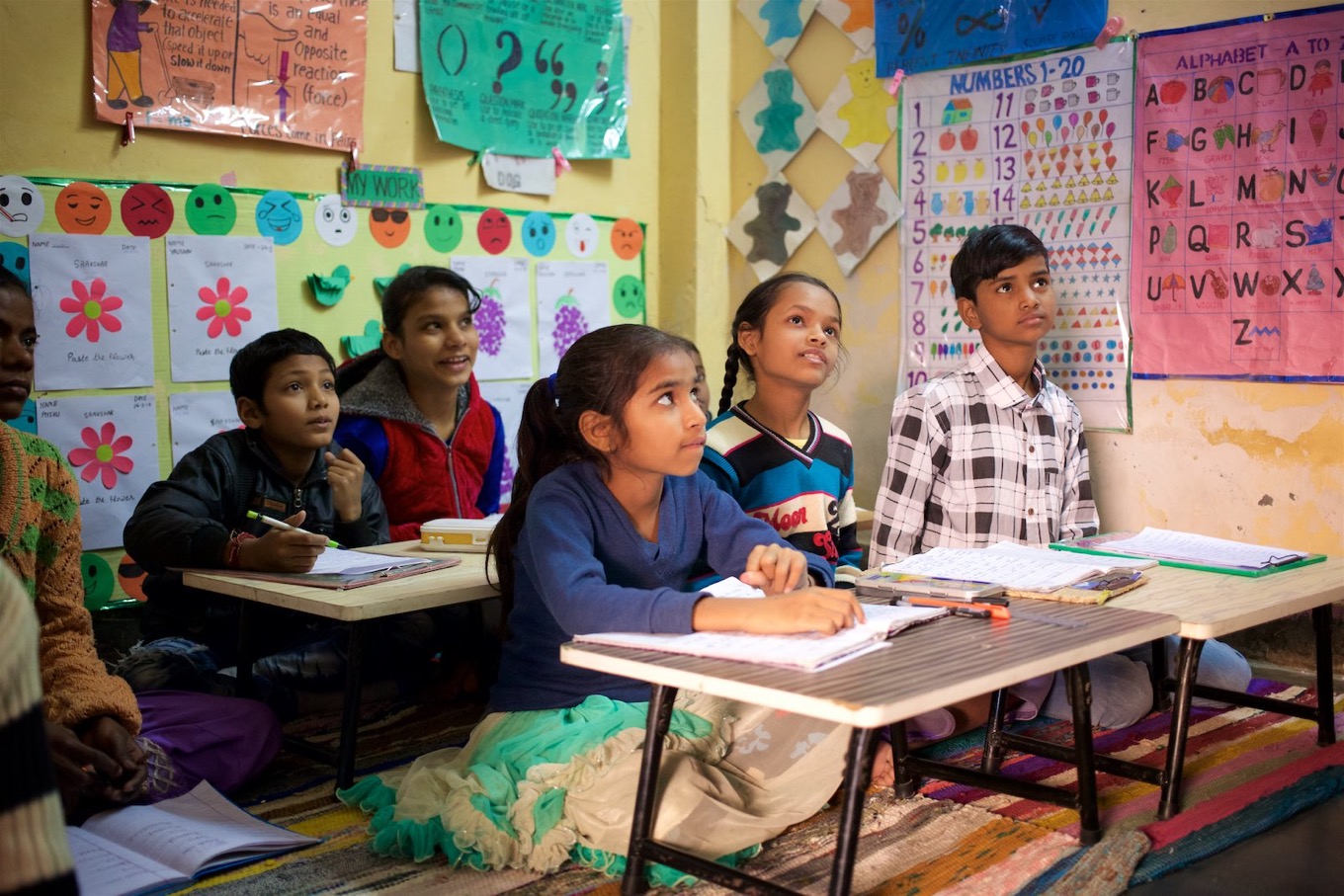
April 28, 2008 - Speech by PM Manmohan Singh
“I would like to compliment the Ministry of Health and Family Welfare for taking this very important initiative to focus public attention on a very major societal and developmental issue of our times - the neglect of girl children in our country. India has a mixed record in action designed for the advancement of our women. On the one hand we are one of the few countries of the world that gave women political power through universal adult suffrage soon after Independence. We also reposed faith in the potential of women in our public life. Today our local bodies have over a million women representatives. This is more than the number of elected women representatives in the entire rest of the world put together.
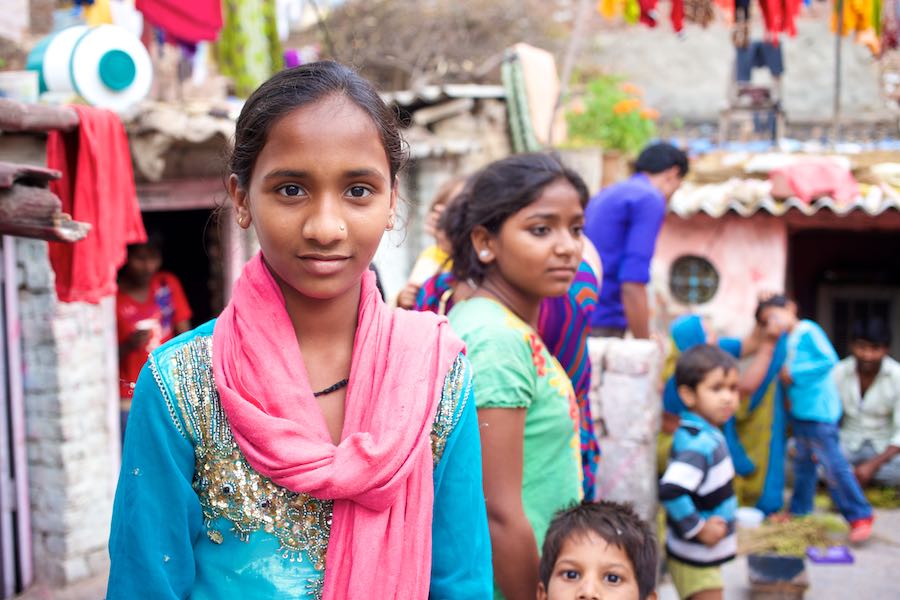
But, this momentous action for political empowerment has not been carried over into many other spheres of our nation’s life. Our record in female literacy is far from satisfactory as the last Census recording only 54% female literacy in the country. The last Census again showed a declining child sex ratio. Multiple deprivations all with roots in the oppressive structure of patriarchy have resulted in a bias against girls and against women. This is a national shame and we must face this challenge squarely here and now. No nation, no society, no community can hold its head high and claim to be part of the civilized world if it condones the practice of discriminating against one half of humanity represented by women.
We are an ancient civilization and we call ourselves a modern nation. And yet, we live with the ignominy of an adverse gender balance due to social discrimination against women built into our societal structures. The focus in today's meeting is on the declining child sex ratio in the country. But, it is important to remember that gender related deprivation is an interlocked situation. Female illiteracy, obscurantist social practices like child marriage or early marriage, dowry, poor nutritional entitlements, taboos on women in public places all make the Indian women and especially the Indian girl child extremely vulnerable. Child sex ratio statistics in the 0-6 age group for the past four decades have been showing a continuous decline. The decline in girls per 1000 boys from 962 in 1981 to 927 in the year 2001 is indeed alarming.
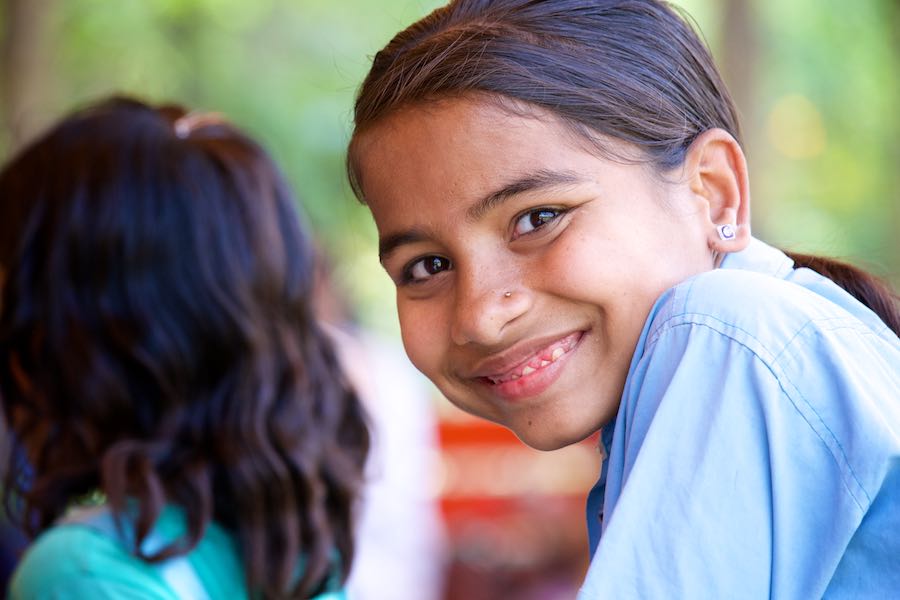
This indicates that growing economic prosperity and education levels have not led to a corresponding mitigation in this acute problem. In fact, the census figures illustrate that it is some of the richer states of the country where the problem is most acute and these States include Punjab which had only 798 girls, Haryana 819, Delhi 868 and Gujarat 883 girls per 1000 boys in the 2001 Census. As early as 1990, my esteemed friend, Prof. Amartya Sen brought to the attention of the world the fact that we have a situation in the world where more than 100 million women were missing. These missing women were geographically located in South Asia, West Asia and China. In Europe, the United States and Japan, women outnumber men substantially. The major difference is that women in these countries suffer little discrimination in basic nutrition and health care. It is nutrition and health care that become equalizers. I am happy that today we are discussing this important issue in the presence of both Ministers of Health and Women & Child Development in India. And we may consult a productive action to deal with this terrible onslaught on our civilization.
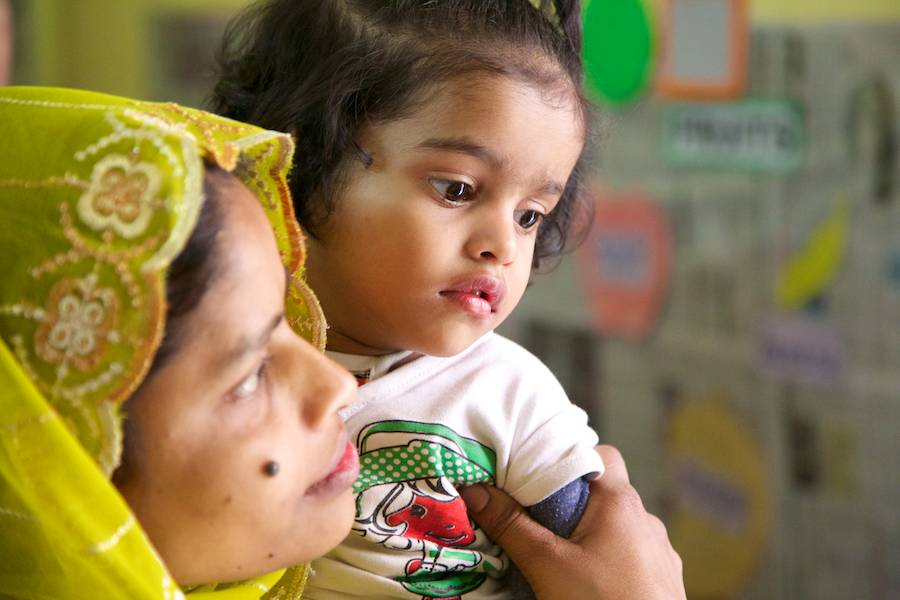
Societal discrimination against women begins in our very homes. It begins even before the girl child is born. One of the most inhuman, uncivilized and reprehensible practices is the practice of female foeticide. The patriarchal mindset and preference for male children is compounded by unethical conduct on the part of some medical practitioners assisted by unscrupulous parents who illegally offer sex determination services. We must overcome this great problem through social awareness and strict enforcement of the Pre Conception and Pre-Natal Diagnostics Techniques Act. I earnestly urge all concerned to help in putting an end to this practice adopted by misuse of otherwise life saving modern technology.
Some of the State Governments which are especially vulnerable to this problem have taken positive actions on the issue. Schemes such as the Dikri Bachao campaign of Gujarat, Girl Child Protection Scheme of Tamil Nadu, Devi Rupak Scheme of Haryana, Ladli campaign of Delhi and the scheme for cash incentive to panchayats for improving the village sex ratio of Punjab are good steps. These achievements need to be built upon depending on the results that are on the horizon. But it is not government alone that can address this problem. Though Government must be active in mobilizing public opinion in this regard. We need active civil society involvement in the national campaign to save the girl child.
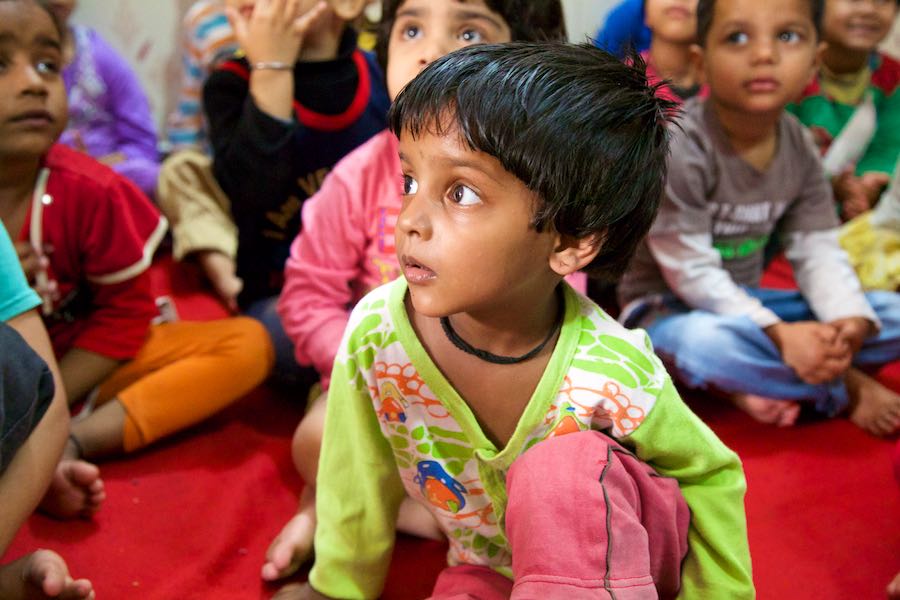
Let the Ministry of Health focus on orienting the million plus elected representatives of the panchayats and urban local bodies and use them as the medium for fighting this practice. The Ministry of Women & Child Development should enlist the support of women panchayat leaders and women's Self-Help Groups to strengthen the nutrition programme in our country. Action to protect the girl child has to be on the agenda of every elected leader in our country. This is not to say that only women should be part of this campaign. I do believe, every elected representative must consider it his duty to be an active participant in this national campaign. There has to be much greater focus on female literacy because the adverse sex ratio that we have today has to be challenged fundamentally in the minds of our people. The Chairperson of UPA, Smt. Sonia Gandhi, has recently urged that we must reorient the National Literacy Mission to focus on female literacy. Female literacy has considerable multiplier effects in all areas of empowerment of our girls and our women.
In conclusion, I wish to say that we need concerted and multi pronged societal action to address the several contributing factors in the predicament of the Indian girl child. We need to strengthen legislative enforcement, basic health care and nutrition and reorient national literacy and school education programmes to give greater focus to women and the girl child. We need to mobilize leaders of civil society, particularly the religious leaders, for a nationwide campaign for ending all types of discrimination against our women built into our societal structures.
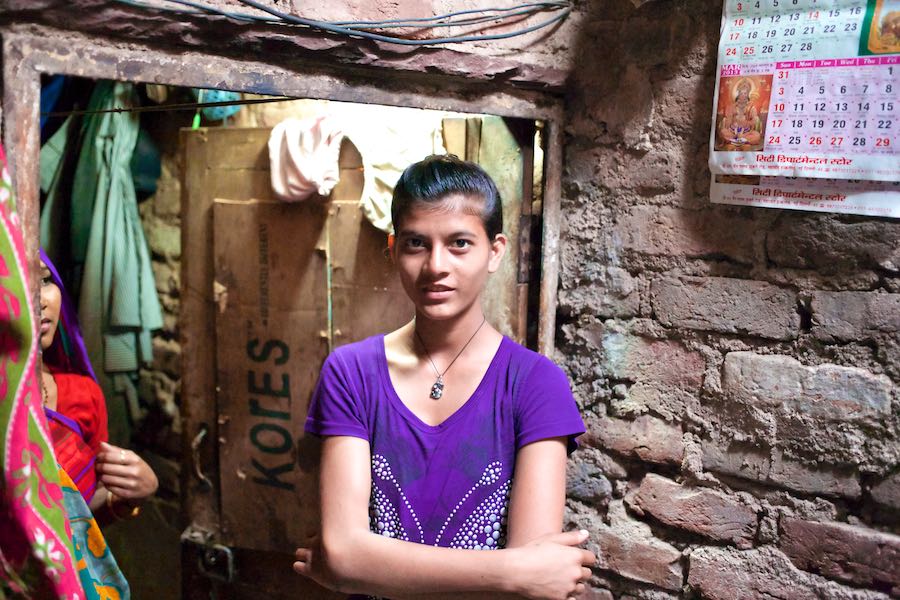
I would like to assure you that our government stands fully committed to support any action programme that is developed in this grey area of national concern. I urge every citizen to step forward and help in empowering the girl child in every possible way. The action must begin at home, in our families, in our communities. I do not say this as the Prime Minister of India. I say this as the proud father of three daughters.
I wish for every girl in our country what I wish for my own daughters.
With these words, I wish your deliberations all success. We are dealing with a challenging, burning societal issue. May your path be blessed.”

